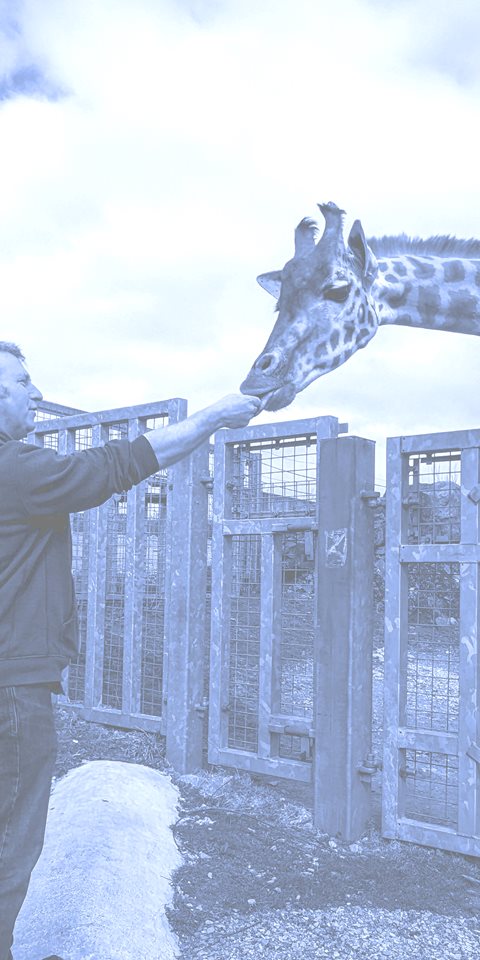A quantitative analysis of attitudes and behaviours concerning sustainable parasite control practices from Scottish sheep farmers
Preventative Veterinary Medicine
Highlights
• Two models were developed to examine factors influencing sustainable worm control.
• Eleven factors significantly affected the uptake, or not, of worm control practices.
• Confirmation of anthelmintic resistance had greatest effect on farmer behaviour.
• Understanding of roundworms and roundworm control influences farmer behaviour.
• Identifying key influences on farmer behaviours will aid in targeting future advice.
Abstract
Nematode control in sheep, by strategic use of anthelmintics, is threatened by the emergence of roundworms populations that are resistant to one or more of the currently available drugs. In response to growing concerns of Anthelmintic Resistance (AR) development in UK sheep flocks, the Sustainable Control of Parasites in Sheep (SCOPS) initiative was set up in 2003 in order to promote practical guidelines for producers and advisors. To facilitate the uptake of ‘best practice’ approaches to nematode management, a comprehensive understanding of the various factors influencing sheep farmers’ adoption of the SCOPS principles is required.
A telephone survey of 400 Scottish sheep farmers was conducted to elicit attitudes regarding roundworm control, AR and ‘best practice’ recommendations. A quantitative statistical analysis approach using structural equation modelling was chosen to test the relationships between both observed and latent variables relating to general roundworm control beliefs. A model framework was developed to test the influence of socio-psychological factors on the uptake of sustainable (SCOPS) and known unsustainable (AR selective) roundworm control practices. The analysis identified eleven factors with significant influences on the adoption of SCOPS recommended practices and AR selective practices. Two models established a good fit with the observed data with each model explaining 54% and 47% of the variance in SCOPS and AR selective behaviours, respectively. The key influences toward the adoption of best practice parasite management, as well as demonstrating negative influences on employing AR selective practices were farmer’s base line understanding about roundworm control and confirmation about lack of anthelmintic efficacy in a flock. The findings suggest that improving farmers’ acceptance and uptake of diagnostic testing and improving underlying knowledge and awareness about nematode control may influence adoption of best practice behaviour.

